In our second piece to mark the tenth anniversary of the Exceed Research Network (ERN), we look at the achievements and impacts of the Network.
The Exceed Research Network – Aspiration to Impact
The Exceed Research Network (ERN) is marking its tenth anniversary in 2025.
ERN is a voluntary, international research consortium that brings together universities, NGOs, businesses and others from 11 countries. ERN members form multi-sector consortia and use blended skills and knowledge to carry out research to benefit people with disabilities in lower resource locations.
ERN’s core purposes are to carry out high-quality applied research in the prosthetic and orthotic (P&O) and wider disability sectors; build local capacity in research locations; communicate research outcomes; and support the work of Exceed Worldwide and other service providers to develop, deliver and refine physical rehabilitation services in low resource settings.
The Network’s 10th anniversary provides an opportunity to reflect upon progress and ERN’s track record confirms that its research activities have embraced these objectives.
All ERN field research incorporates local capacity building. People with disabilities have benefited. Research has helped to shape services. Research findings have been disseminated widely in peer-reviewed publications and other communication channels.
These impacts have come from a research programme with external and internal strands.
Research supported by funding bodies , including the UK Engineering and Physical Sciences Research Council, the Swedish Research Council, Innovate UK and other Global Challenge funders, has centred on prosthetic and orthotic and other disability issues. These include accessing, analysing and using historical patient data; disability and mental health; P&O services and the quality of patients’ lives; investigating and testing new service models; P&O device development; remote patient assessment and monitoring device use.
Internal ERN research includes work on ethical research and service delivery in lower resource settings; the impact of trade barriers on the movement of P&O products and the development of appropriate and meaningful outcome measures to assess the impact of physical rehabilitation services on patients.
Research in lower income countries can encounter unexpected challenges, as ERN work in Myanmar - supported by Innovate UK - illustrates. After successful research on the role of social enterprise in Myanmar’s public P&O health system, completed during the Covid pandemic, the opportunity to conduct a follow-up feasibility study disappeared when the UK Government reviewed the availability of research budgets.
People with disabilities, service providers and researchers benefit from the impact of ERN research activities, because ERN research deploys academic rigour, influenced by the experience and needs of service providers. This approach rewards both professional researchers and service providers, as it addresses practical issues and provides high-value information for publication.
Most importantly, people with mobility impairments have benefited from the development and testing of new, low-cost, environmentally-appropriate devices; mental health screening and intervention and the introduction of a new, multi-party P&O service model in Cambodia. In addition, the research capability of Exceed Worldwide P&O clinicians and students in Cambodia has improved dramatically and staff members have been trained to offer mental health support as a new service element.
The future challenge is to build on this body of work.

